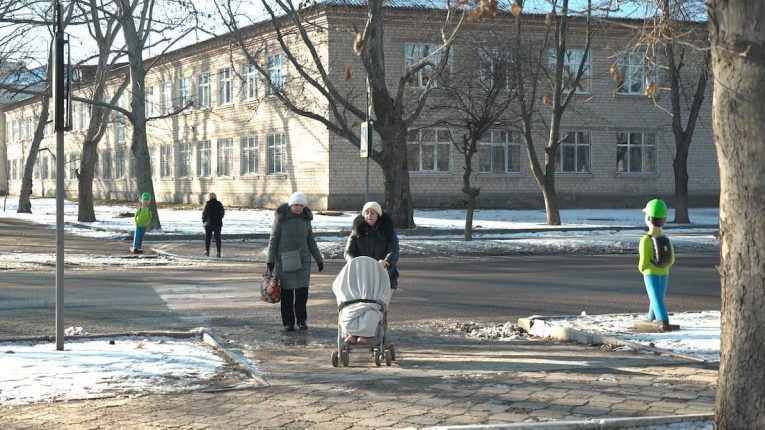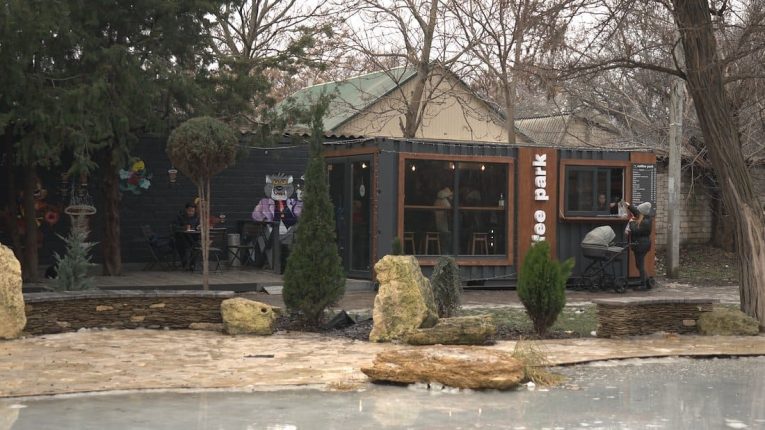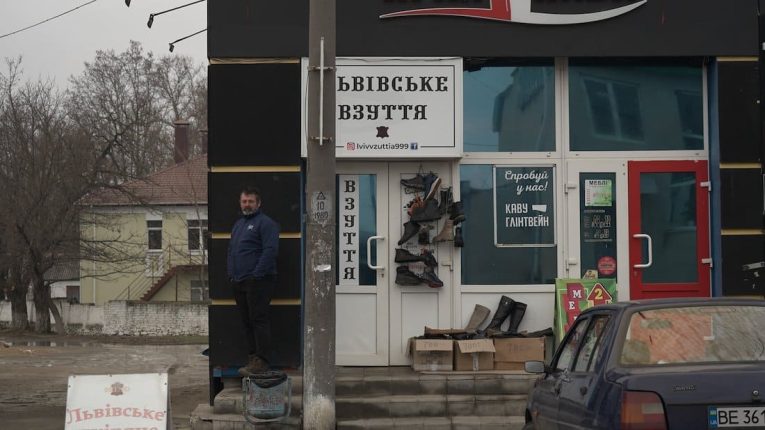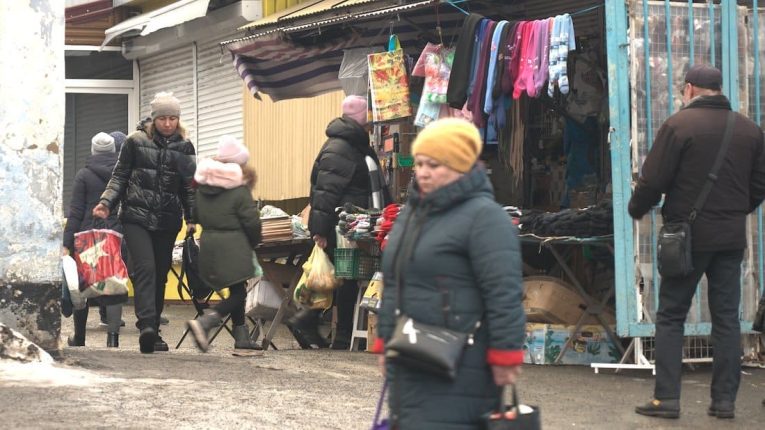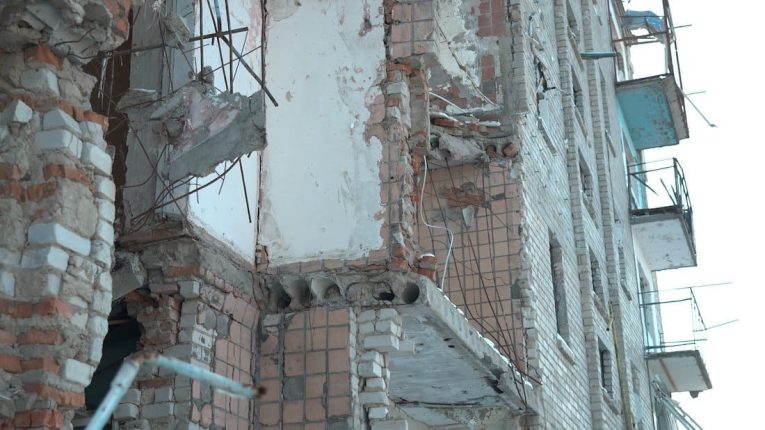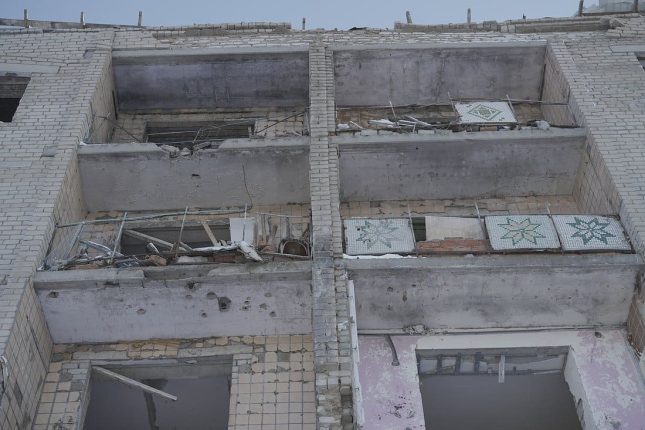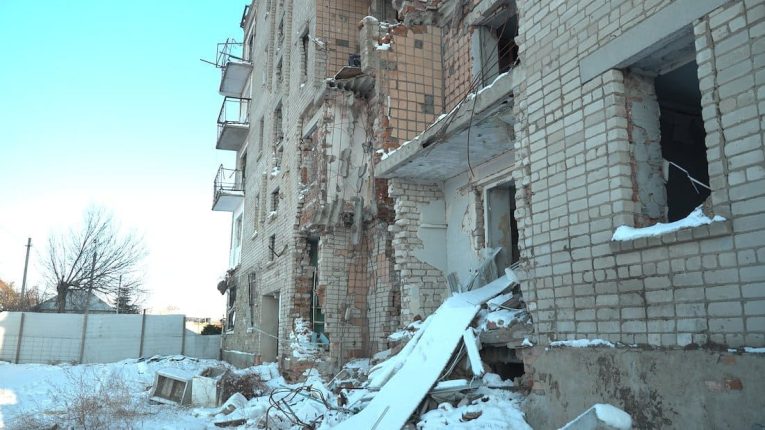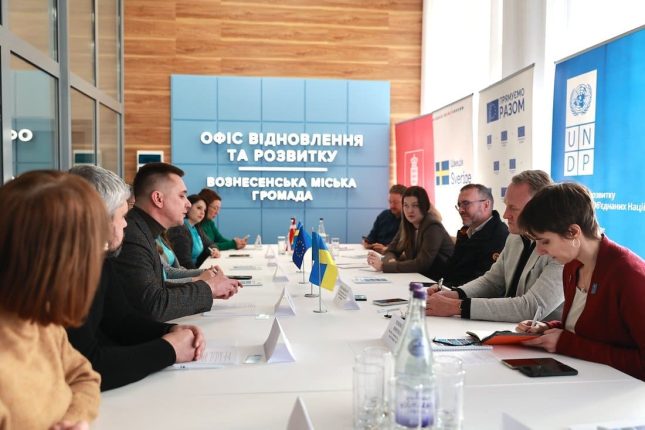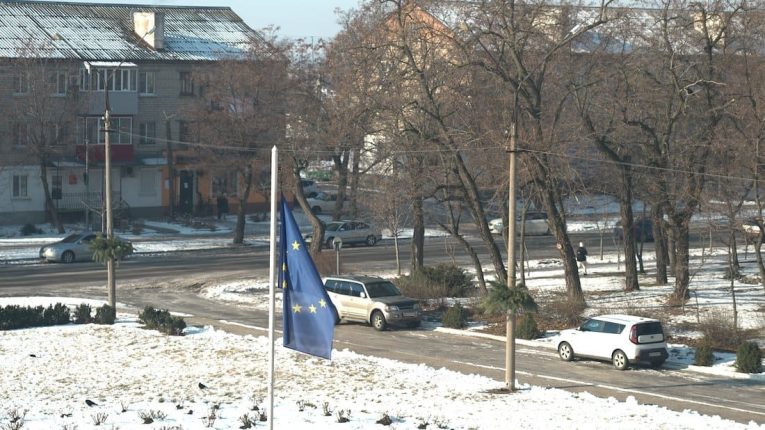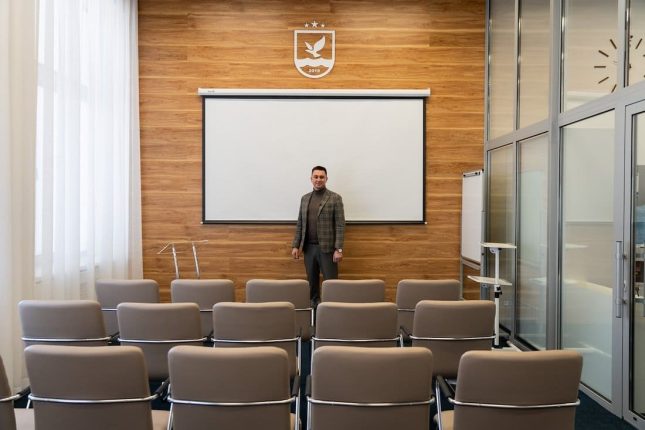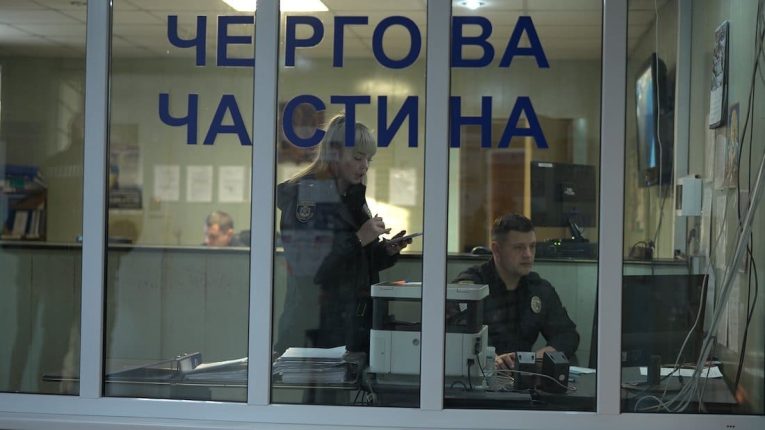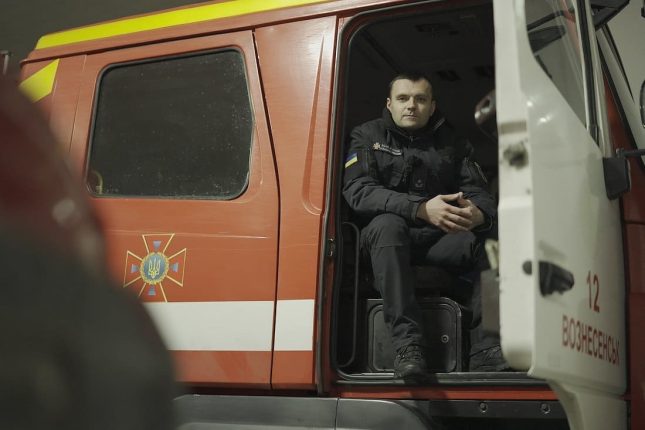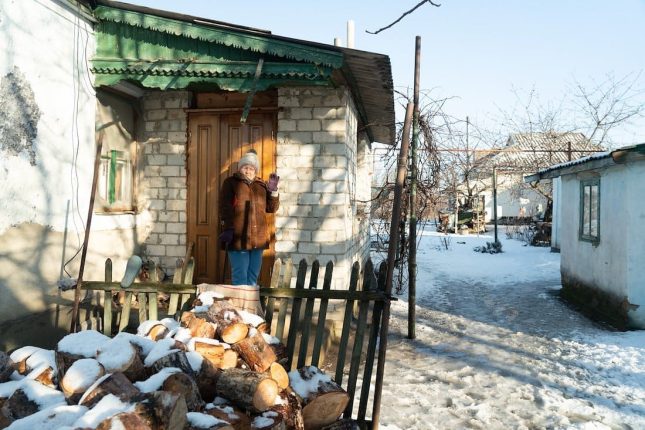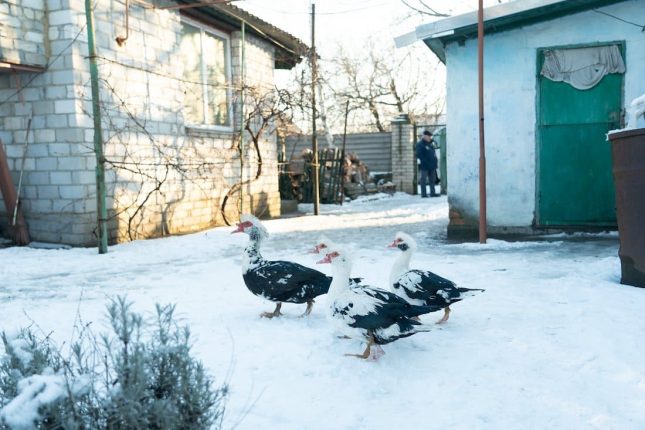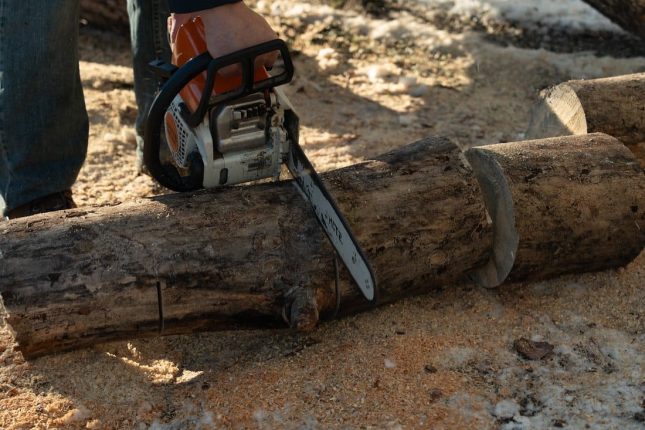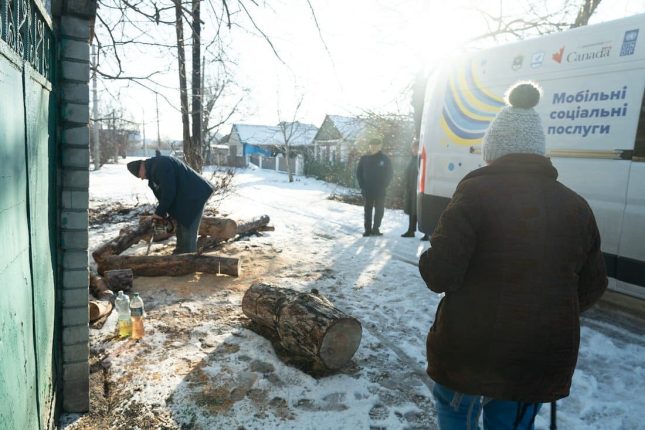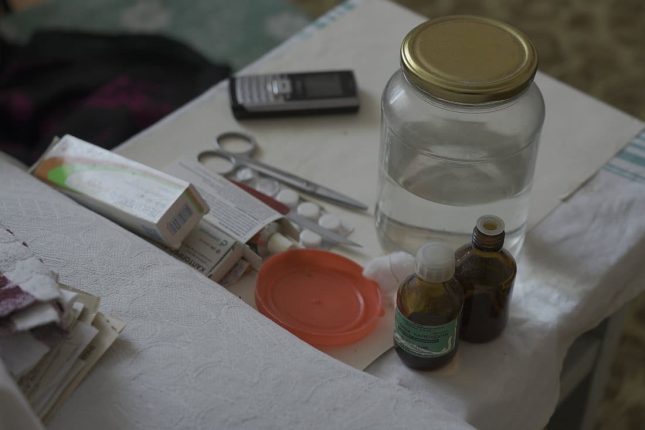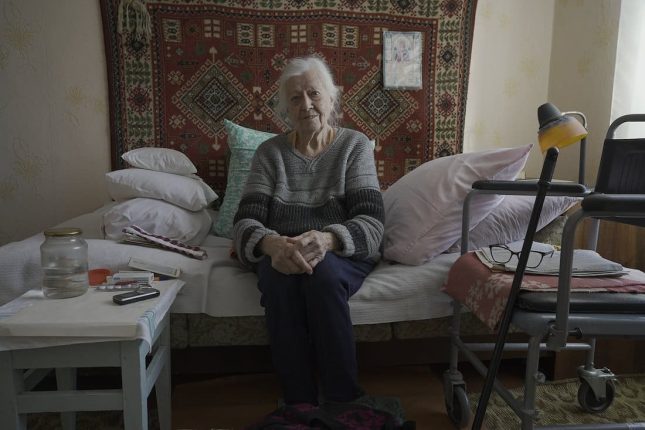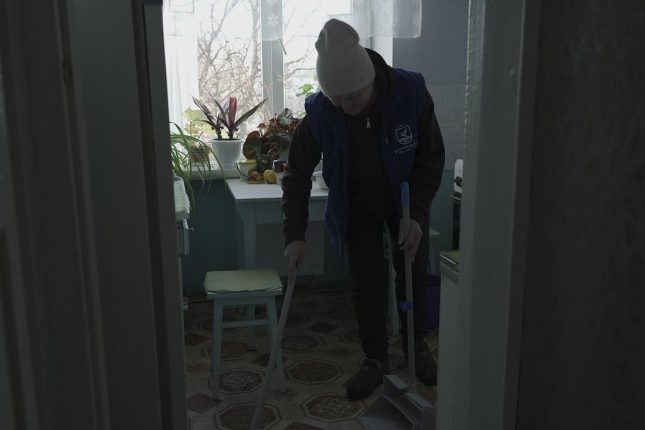
“We’re going to rebuild Ukraine from scratch”
21/02/2024
As it enters a third year of war, a city prospers, despite challenges.
At first glance, it might seem as if Russia’s full-scale invasion of Ukraine has hardly altered life in Voznesensk, in Mykolaiv Oblast.
The city of about 40,000 residents is bustling and lively, with cafes, shops, and markets enticing passers-by in with bright signs.
Voznesensk’s community of about 40,000 also includes some 3,700 internally displaced people. Photos: UNDP Ukraine/Liza Pyrozhkova
Children’s laughter rings out often, and people walk past them smiling. Many chat loudly as they rush somewhere, greeting those they meet on their way as if everyone knew each other here.
Everyone seems happy – even carefree. But look more closely, and the scars of the invasion can be seen all over the city.
Since Russia’s full-scale invasion of Ukraine, the community of Voznesensk has suffered severe infrastructural damage and socio-economic disruption. More than 700 residential buildings, health care and educational facilities, as well as crucial transport infrastructure, has been destroyed. Photos: UNDP Ukraine/Liza Pyrozhkova
”It was truly very difficult.”
Russian invasion forces occupied Voznesensk in early March 2022, and there was heavy bombardment because of the town’s strategic location, on the way to Kyiv, Odesa and other major cities.
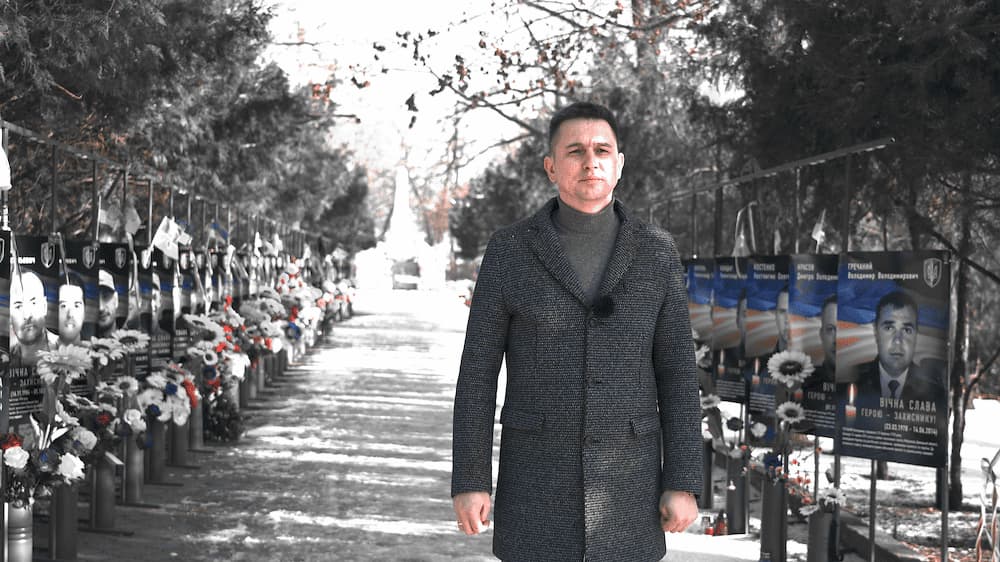
It was truly very difficult,” says Voznesensk’s mayor, Yevhen Velychko, 35, recalling how residents had dug trenches and made desperate attempts to fortify the city’s entrances and buildings.
“Chaotic” or indiscriminate shelling was targeting parks, schools, and homes, Velychko recalls. More than 700 buildings were destroyed or damaged.
Artem Ryzhenko, who works at the State Emergency Service department, says seeing such massive destruction “splits your life into before and after.”
“There are lots of new tasks to do, a lot of communication that has to be done with people, and we have to provide various types of assistance that people didn’t need before.”
But police officers went about their regular work, despite the terrifying dangers, says Oleksandr Horin, the city’s deputy chief of police.
“You still go on that call because you realize that the person who called you expects help from the police,” Horin says.
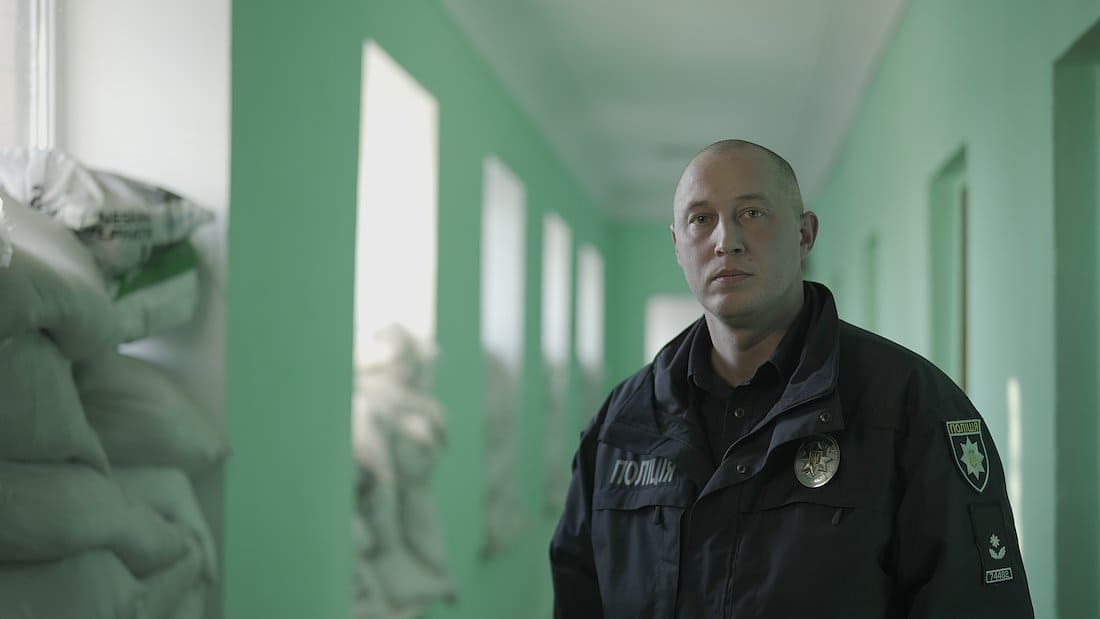
Though the Russian occupation was a short one – only three days – and there were no direct civilian casualties from the fighting, Mayor Velychko says that many died of heart attacks, strokes, and other cardiac issues in the early months.
“It was seriously stressful for all of us.”
Voznesensk’s mayor, Yevhen Velychko.
“A space to develop our communities.”
The town’s leadership and citizens have taken a pragmatic approach to tackling the dramatic new challenges.
In early January UNDP – together with the EU and the Governments of Sweden and Denmark – opened a Recovery and Development Office, providing local authorities, NGOs, and businesses with a platform to share ideas about reconstruction and to coordinate international aid.
“It’s very timely that earlier this year we opened the office. It’s not just about working with partners. It’s about our businesses working together with other businesses in Denmark, for example,” says Mayor Velychko.
The newly established Recovery and Development Office, which features advanced facilities and expert advisors, provides vital support for the community’s recovery and development. As a communications hub, it brings together local authorities, international organizations, media, civil society, and the business sector. Photos: UNDP Ukraine/Liza Pyrozhkova
UNDP has been supporting Voznesensk’s community since 2006 through more than 30 projects. And it works here still, in wartime, helping the city move forward even in its darkest times.
In June 2023, UNDP helped set up a community security and recovery working group, which serving as a dialogue platform for local stakeholders. With financial backing from the Government of Denmark, UNDP is helping to build two extra police stations, which will serve over 5,000 residents.
“The working group includes representatives from the police, State Emergency Service, local authorities, and representatives from civil society organizations involved in project implementation,” says Horin.
The working group will further enhance cooperation between the city’s police, the State Emergency Service and other entities as Voznesensk continues to strengthen its community and recover. Photos: UNDP Ukraine/Liza Pyrozhkova
“This platform and opportunity for communication is crucial for us.”
Oleksandr Horin, Voznesensk’s deputy chief of police.
“My only child is at the front line.”
The city has taken in many internally displaced people due to the war: Mayor Velychko says 12 percent of the city’s present population is from Kherson and other parts of the region.
Among them is Liudmyla Konysheva, 75, who relocated from Kherson in late 2022.
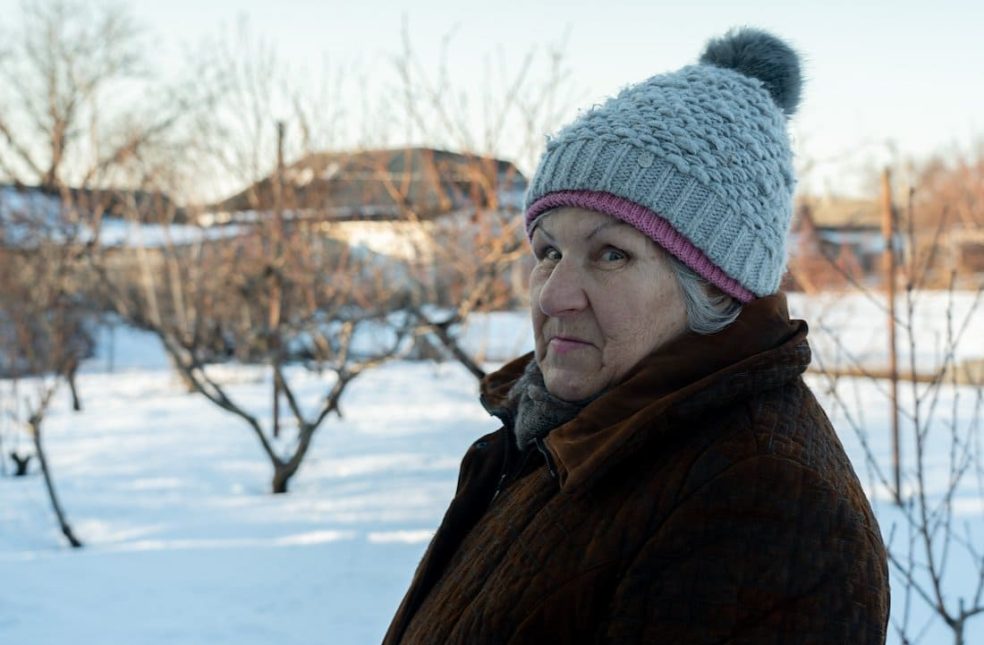
“My son is at the front line. My only child is at the front line,” she says. “I’m alone here. I haven’t seen my son for a year, since he brought me here.”
But Konysheva is not without help. She has a small, cosy house on the outskirts of town, where she raises ducks and chickens, and where she grows vegetables in the summer.
During the winter she receives firewood, although due to her weak health and a recent spinal fracture, she is not able to chop it. Luckily, there are those who are ready to help.
Liudmyla Konysheva is amongst the city’s internally displaced Ukrainians. The mobile brigade provides her with assistance, such as chopping firewood to help her through the cold winter months. Photos: UNDP Ukraine/Liza Pyrozhkova
With the support of the Canadian government, UNDP recently supplied local social services with a vehicle equipped to meet the needs of the older people and people with disabilities.
Lilia Lysenko, the coordinator of the mobile brigade, says they clean homes and yards, wash windows, chop firewood, and even help out planting gardens.
“They all need help,” she says. ”It’s rewarding when you do good for someone, and people are very grateful to you.”
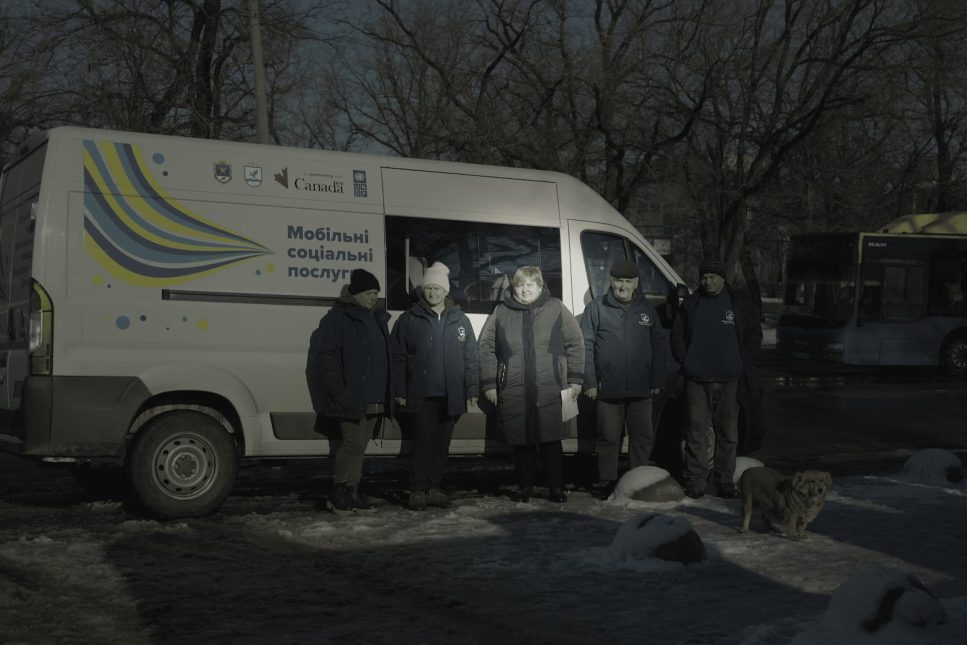
Once a month, the brigade cleans the apartment of retiree Vilia Troianovska, 87, who lives alone.
“I can’t walk, I can’t do anything,” she says. “I haven’t been outside for three years. My only happiness is when the social workers come (to clean the apartment).”
Vilia Troianovska also receives assistance from the mobile brigade that regularly cleans her apartment. Photos: UNDP Ukraine/Liza Pyrozhkova
The city is focused on improving life for its more vulnerable citizens.
With support from the EU and in partnership with the Ministry of Digital Transformation of Ukraine, UNDP is building an Administrative Service Centre which will provide up to 450 services, including business consulting, free legal assistance, banking, and a co-working space.
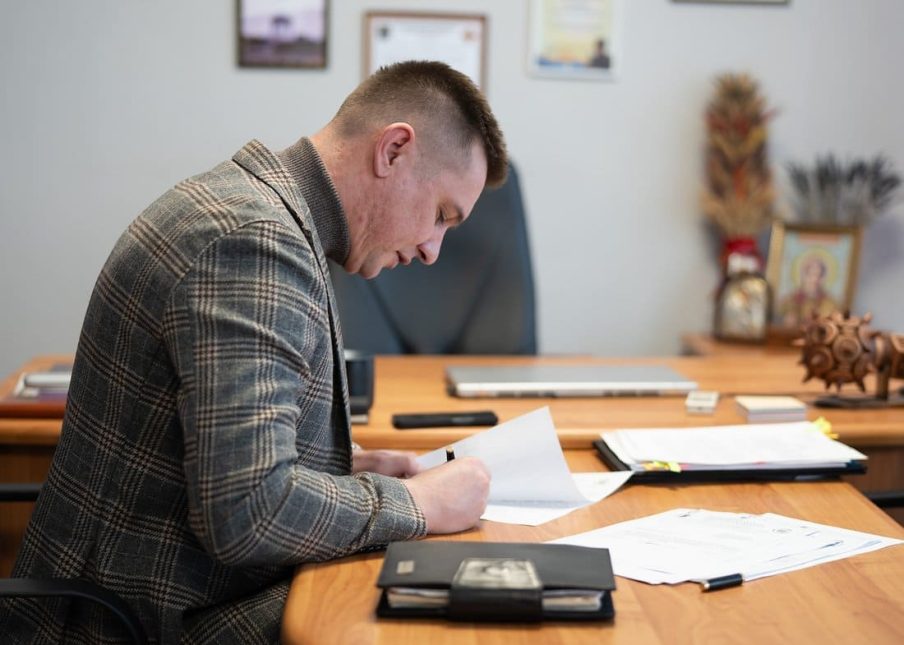
“Fifty percent of our residents are pensioners and people with disabilities. So it’s very important that we make conditions in our city as accessible as we can,” says Mayor Velychko.
”Everything depends on the people and their desire to change.”
Young people in Voznesensk are active, too. Maksym Chalyi, 18, is involved in the Youth Council, where local government bodies meet with youth representatives to discuss, develop and implement youth policies.
Chalyi says the war made the city’s young people grow up faster and reconsider their values.
“No city is perfect, or full of opportunities – everything depends on the people, and their desire to change things,” he says. “You have to understand that Ukraine begins with them, and so it is they who will have to restore and develop it – individually, and with their friends, working together.”
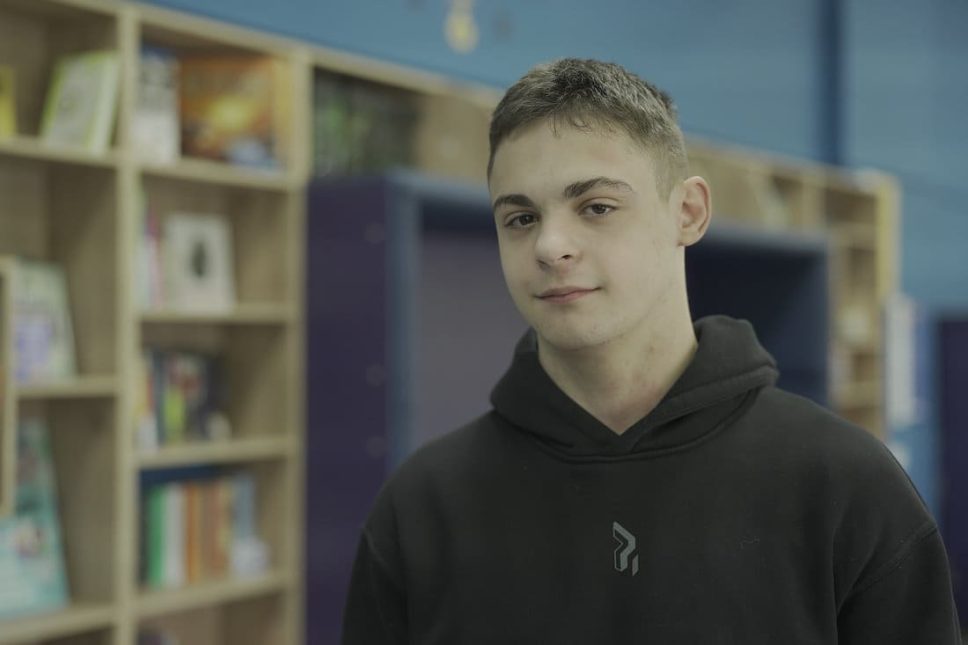
”Safe and flourishing.”
Attention is also being paid to matching the skills of the labour force to the tasks of rebuilding. The sheer scale of destruction in Ukraine means that now some professions are in greater demand than ever before.
In response, UNDP- and Denmark- supported short-term professional courses help residents master important skills like plastering and find work, boosting the local economy.
Ruslan Petrovskyi, 42, who finished his training course in January, says he never thought plasterers would be in so much demand in Ukraine. In spring, he will start work on repairs to an administrative building that was damaged in a missile attack.
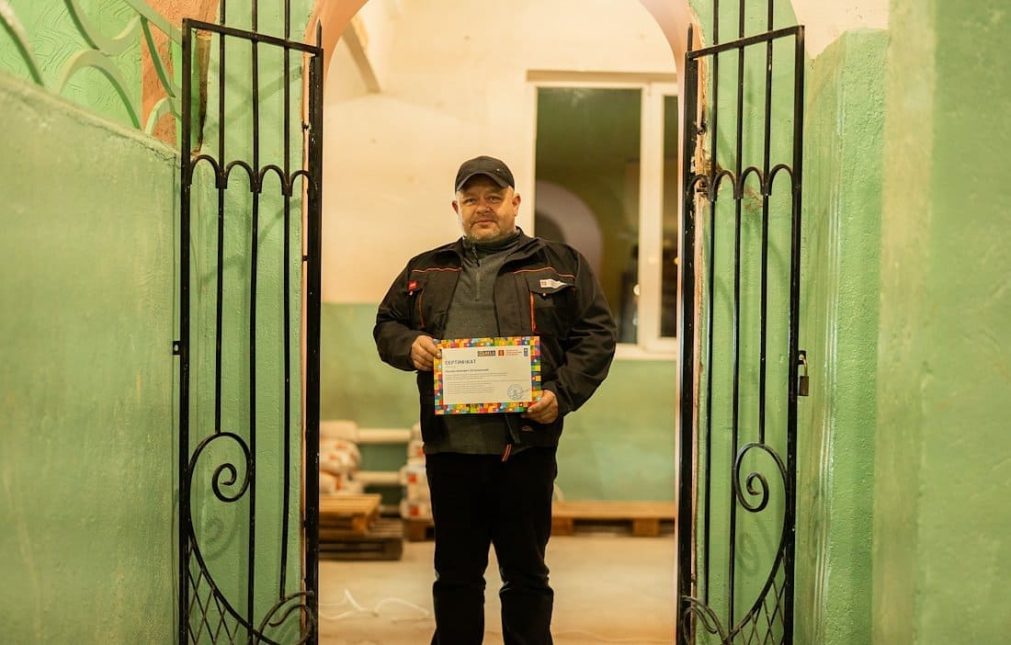
“There’s going to be a lot of work after the war to reconstruct Ukraine. We’re going to rebuild Ukraine from scratch,” Petrovskyi says.
As recovery work goes on, the people in Voznesensk are focused on the future, although the past is not something they can forget, says Mayor Velychko.
“It’s difficult to pass the Commemoration Alley in Voznesensk (where there are pictures of those killed in the war) without tears,” he says. “And (there are more pictures) every day.”
The mayor says the war has rearranged his priorities.
“During my election campaign, I said I wanted Voznesensk to be flourishing and safe. …now [I] want it to be safe and flourishing.”
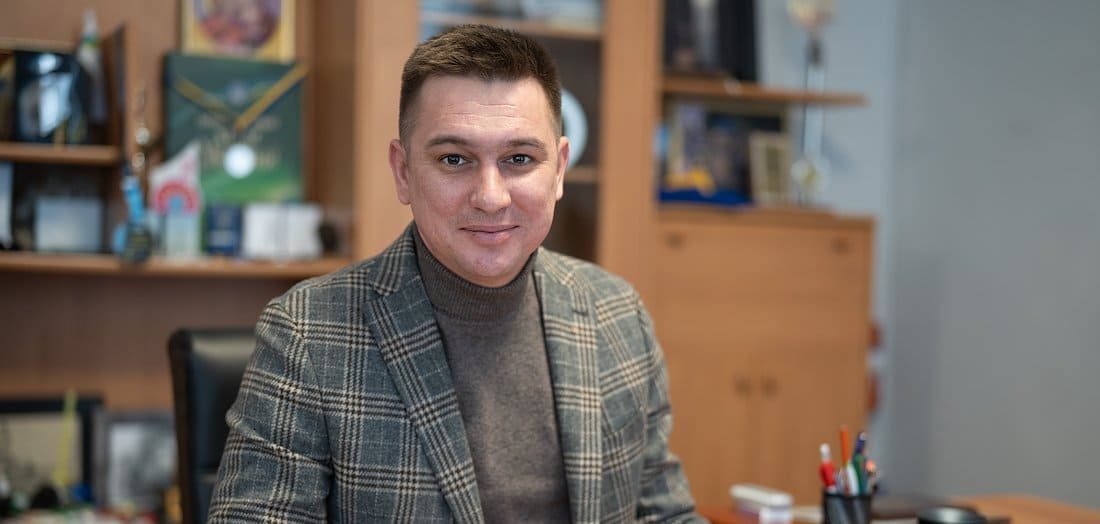
Photo: UNDP Ukraine/Liza Pyrozhkova
Stories
-
Katarina Mathernova: If Ukraine had a human face and a human spirit, it would be 10-year-old Roman Oleksiv
-
A regional mission to drive social entrepreneurship: the story of Ksenia Kosukha
-
EU restores safe water supply for 100,000 Ukrainians affected by war
-
Promoting IT during the war: Lviv IT cluster and how EU4Digital helps
-
Frontline digitalisation: Kharkiv IT Cluster collaborations
-
How EU4Youth is driving opportunity and success among young Ukrainians
